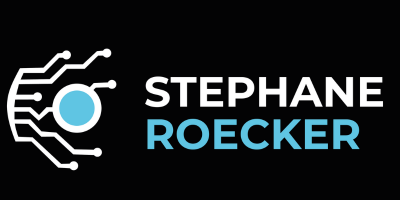Un pitch deck est un outil essentiel de collecte de fonds pour les startups… et il ne peut pas être réduit à une présentation PowerPoint !
La levée de fonds auprès des investisseurs est difficile et prend du temps ; il est donc crucial pour vous de montrer la valeur de votre projet par le biais d’un pitch deck qui articule une opportunité convaincante et prometteuse… et il ne s’agit pas de théâtre ou de propagande !
Pourquoi le Pitch deck est-il important ?
Le pitch deck est le premier outil de communication utilisé par les entrepreneurs pour atteindre des investisseurs potentiels, par mail ou en personne.
Vous n’avez généralement qu’une seule chance d’entrer en discussion !
Chaque investisseur actif examine des centaines de dossiers de présentation de startups chaque mois. Et 9 sur 10 finissent à la poubelle.
Obtenir un rendez-vous pour rencontrer des investisseurs et présenter votre idée est déjà une grande réussite pour les entrepreneurs.
Ce qui suit généralement est une grande déception, car moins de 1 % de ces entrepreneurs réussissent à être financés par des business angels et seulement 0,05 % réussissent à obtenir un financement de fonds d’investissements ou VCs.
Comment éviter les écueils ?
Pour lever des fonds pour votre startup, vous devez penser comme un investisseur. En tant qu’early stage investor, j’ai directement investi dans 14 startups à ce jour.
Certains écosystèmes permettent aussi de mieux comprendre les contraintes qui pèsent sur les entrepreneurs mais aussi la perception temporelle des opportunités par les investisseurs, qu’il s’agisse de technologies émergentes ou de marchés „hype“:
En Europe, l’EBAN et l’EIC jouent clairement un rôle majeur à cet égard: le 1er en intervenant en early-stage, le second en finançant de la technologie avancée.
En tant qu’expert business et stratégie pour l’EIC accélérateur de la Commission Européenne, je peux affirmer que les entreprises qui accèdent aux financements proposés par exemple par l’EIC Fund et l’EIB sont clairement en Champions League au niveau des levées de fonds…elles n’accèdent pas sans raison à plus un potentiel de plus de 15 millions €.
Si vous souhaitez un accompagnement spécifique :
– Pitch deck http://stephaneroecker.com/pitch-deck
– EIC accelerator http://stephaneroecker.com/eic-accelerator

